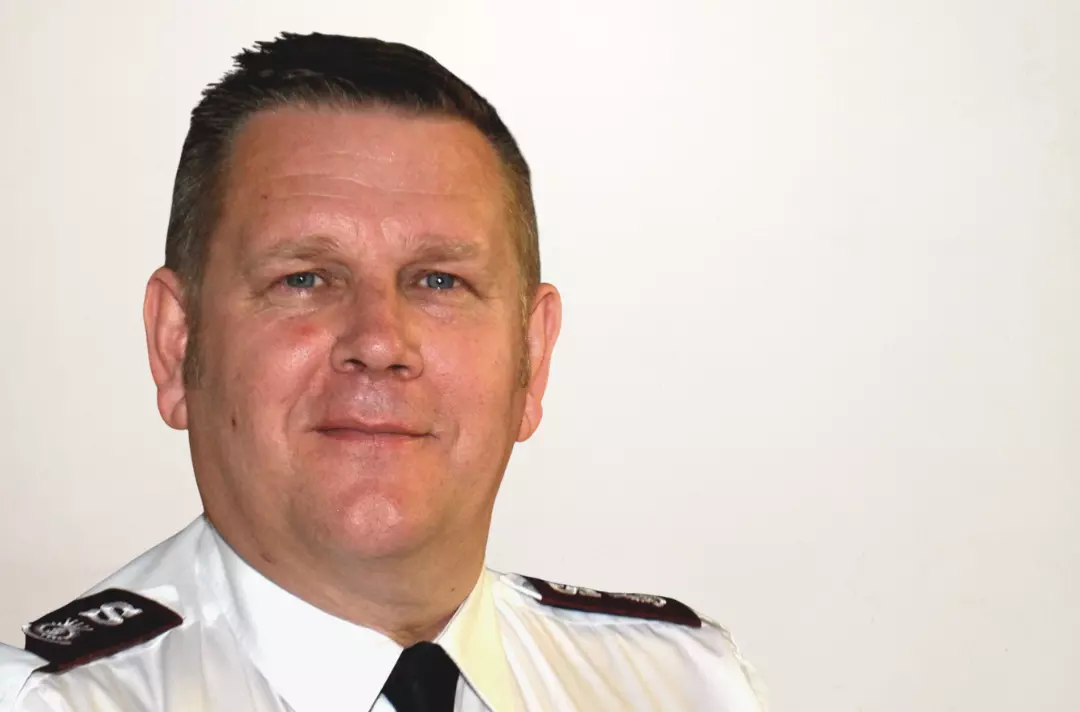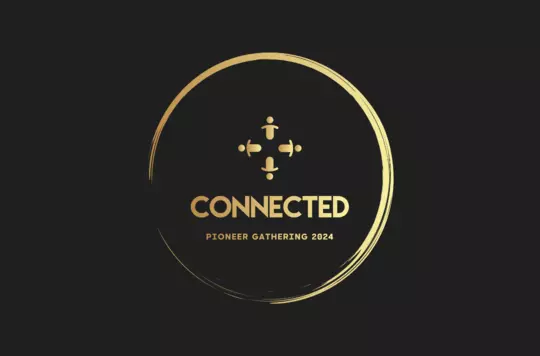9 June 2022
'We are a pioneering movement in our DNA'
Simon Hope interviews Major Andrew Vertigan

Major Andrew Vertigan, Territorial Pioneer and Fresh Expressions Enabler, unpacks what pioneering really means with Simon Hope.
‘There is no improving the future without disturbing the present.’
Statements such as this by Catherine Booth have a habit of making us uncomfortable. Of course, we want a better future, but do we really want to upset the status quo?
In many ways, the idea of pioneering ministry can cause similar concerns. What if we lose our history or what it means to be The Salvation Army? When we unpack these fears, however, we may begin to see that pioneering is what it means to be The Salvation Army – or, more importantly, what it means to be agents of the Kingdom.
Majors Andrea and Andrew Vertigan are well acquainted with reimagining church to meet local needs. They started their pioneering journey by planting Wetherby Corps in 1993. For the past five years they have served as the territory’s fresh expressions enablers, developing and supporting pioneers, creating helpful resources and empowering others to engage with new communities for Christ.
So, what is a pioneer? The short answer: someone who breaks new ground in new places in new ways.
Andrew expands on this: ‘Pioneers encourage people on the edge of church to explore possibilities and, in doing so, engage with an unchurched people and community. They tend to be innovative, creative thinkers who don’t really fit our stereotypical leadership models. By their very nature they are resilient, resolute and determined.’
One difficulty that sometimes comes in understanding and explaining the place of pioneer leaders is that they are often wrongly compared to corps officers. Many pioneers function fruitfully without any centralised building whatsoever and they are generally encouraged to live out incarnational ministry by thinking beyond the walls of ‘church’.
Moreover, they will often set aside a strict programme of activities in favour of a people-centred approach, immersing themselves in their community. A pioneer’s regular ministry could evolve in a coffee shop, a pub, a sports club or even purely online.

Although some people are called to become pioneers, everyone connected to The Salvation Army is arguably called to pioneering. Many corps will see similarities in the ways they engage in their communities. This is because, from its earliest days, the Army has been a pioneering movement of people seeking to win the whole world for Jesus.
When tracing the history of pioneering, there are several years of note. The first is 2015, when the then territorial commander, Commissioner Clive Adams, made a commitment to re- explore what church planting and pioneering looked like. This renewal led to Salvation Army pioneering as we see it today.
But this latest reignition could only happen because of groundwork laid down in 1993. Following several decades when few new churches were planted, an ecumenical pioneering model called the Dawn Movement challenged every denomination to pioneer new expressions. This decade of evangelism saw the Army break ground in approximately 50 new areas.
However, to find the root of the Army’s drive to pioneer church in the margins we have to go back to 1865 and the Army’s most well-known pioneer: William Booth. The very nature of The Salvation Army is that of a pioneering movement, which all began when Booth empowered people to start the work by breaking new ground in new places in new ways.
‘So, when did it start?’ Andrew asks. ‘In 2015, 1993 or 1865? Pioneering is not a fad, and it’s not a new idea. It’s rooted in who we are. We are a pioneering movement in our DNA.
‘I would argue that it probably goes even further back than William Booth. Hebrews 12 says that Jesus is “the pioneer and perfecter of faith” (v2). The language of pioneering is not new; it is deeply rooted in the journey of faith!’
The excellent online resource Pioneer Bitesize presents a compelling description of The Salvation Army’s relationship with pioneering ministry. While it has its roots in the origins of the Army, in many ways pioneering looks different in the 21st century. That’s because, by its very nature, it is constantly evolving.
Unfortunately, this can lead to the impression that these new expressions are undermining the history of the Army. In fact, they are building on it. Rather than being ‘anti-Salvation Army’, pioneers are better described as ‘loyal radicals’, who are passionate about the organisation and translating it in an alternative way.
‘What society and the world need today is maybe vastly different from what the Army has been in past decades,’ Andrew points out. ‘How do we communicate faith to a world that often doesn’t see a need for the Church?
‘One of the things that we are learning is that mission is more deeply relational than we have ever realised! As pioneers, we want to journey with people in our communities and see what comes out of the relational stuff.’
- This article was originally published in Salvationist magazine on 20 May 2022.
Interview by

Simon Hope
Editorial Assistant
Discover more

Pioneer Bitesize
This online course is an introduction to pioneering and forming fresh expressions of church.

Pioneer Gathering 2024: Connected
A weekend for missional people to connect through worship, prayer and conversation.

Pioneering and Fresh Expressions
Encouraging, supporting, training and deploying pioneers across the UK and Ireland.

Calling and vocation
Where is God leading you?